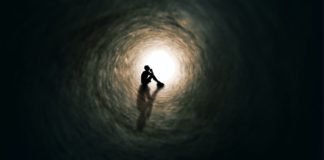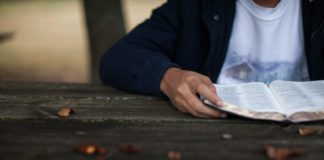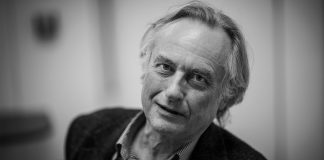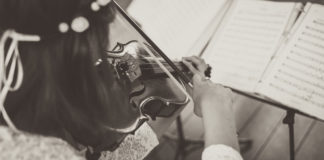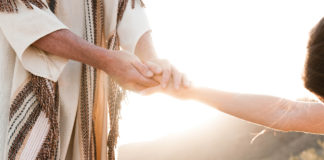My mechanism of resilience
When I was four years old, my younger brother was born. My parents focused on my brother and spent less time with me. It was only 40 years later that I discovered how this had affected me.
COVID-19 and the dilemma of evil
It is right for you to look for what you are looking for, but it is not where you are looking for. In the land of death, you seek a happy life: it is not there. How can life be happy somewhere where there is no life? (St. Augustine, Confessions)
The young man who brought us the mirror
In the case of the well-known tension between the church and the younger generation, only one conclusion is possible. It’s not hard to figure out what we’re missing, it’s just hard to accept—on both sides.
COVID-19: Recurrent revelations
Any large-scale phenomenon, such as a pandemic, activates our instinct to preserve our state of being—especially when we feel like we are losing it.
Thank God for atheists?
Richard Dawkins is arguably the world’s best-known atheist. His 2006 book The God Delusion was a runaway success and widely influential. That’s why theologian Alister McGrath was surprised when a young man told him he became a Christian after reading The God Delusion.
How can I know God as He is, rather than as I imagine Him to be?
To know God is an aspiration inherent in the rational being who recognises His existence.
The one way road cancelled
I was there, I saw him. He was coming towards me mechanically, impassively, coldly. He suddenly stopped in front of me and waited for me to speak. For a moment, I froze. He was tall, thin, his face oval and his eyes blue, slightly sunken under his eyelids. I had met such people before, but there was something special about him.
A slice of heaven
Several years ago, I had the opportunity to tour south Te Waipounamu (the South Island of Aotearoa New Zealand). Flying first into Invercargill, I made my way north, excitedly anticipating iconic tourist spots such as Queenstown, Milford Sound, Wanaka and more. However, on the way, the sleepy town of Te Anau caught me by surprise, captivating me in a way that I didn’t...
COVID-19: Life in the shadow of death
I am not an expert on the phenomenon of death. But like all of us, I have to live in its shadow, and watch the restlessness and greed it causes. The same gloomy reports that circle the planet also reach me. I feel especially conscious of this as COVID-19 claims its first victims in my country.
How can I become authentic?
"Suppose I go to the Israelites…and they ask me, ‘What is his name?' Then what shall I tell them? God said to Moses, 'I AM who I AM. This is what you are to say to the Israelites: I AM has sent me to you'" (Exodus 3:13-14).
The faith in our hearts
When I read “The Pitesti Phenomenon”, in my teens, I was bewildered by how cruel human nature can be. It was also then that I realized that being forced to renounce yourself, to bury your values and defining beliefs to become the reflection of a rotten system, to become inhuman is worse than being physically tortured.
My stellar moments
It is said that God works through people. I am convinced that the people evoked in connection with my stellar moments—and I really would have liked to name them all—each contributed, in their own way, to my reunion with Divinity.
In the same boat as the murderer
Decade after decade, Darold and Barbara Bigger have built their lives with honor, discipline, and devotion.
My Friend’s Friend | Friendship and God
You really don't realize what your thoughts about God are until you have nothing left but the conviction expressed in the book of the prophet Jeremiah: My Father, my friend from my youth (Jeremiah 3:4).













